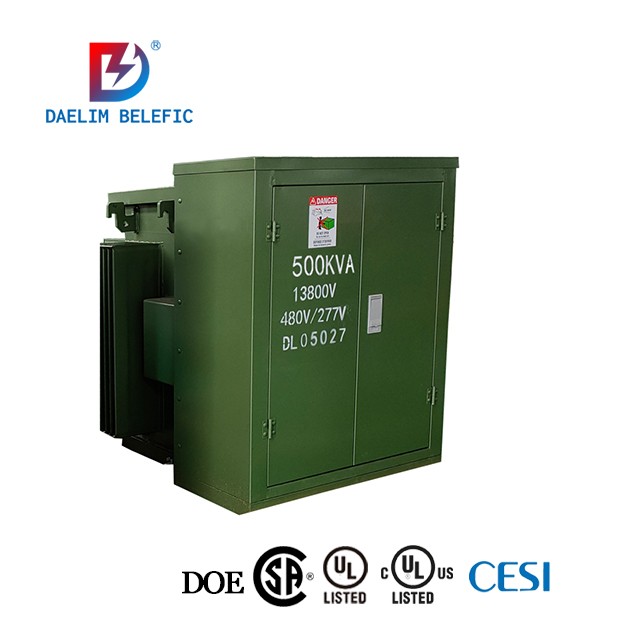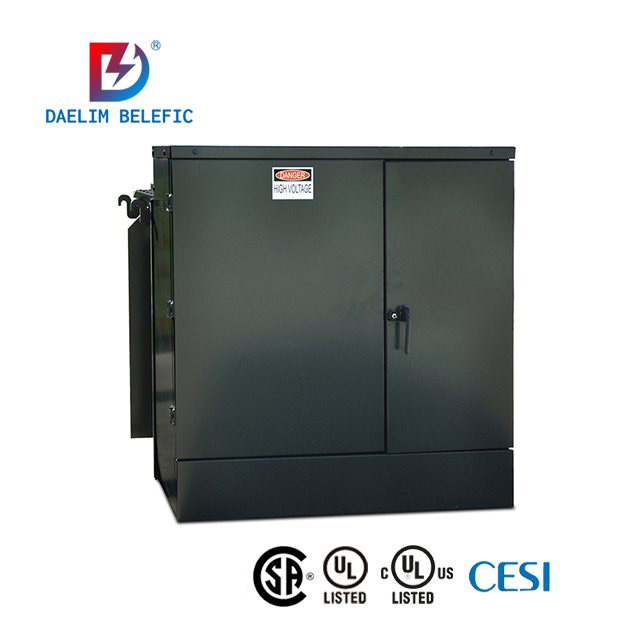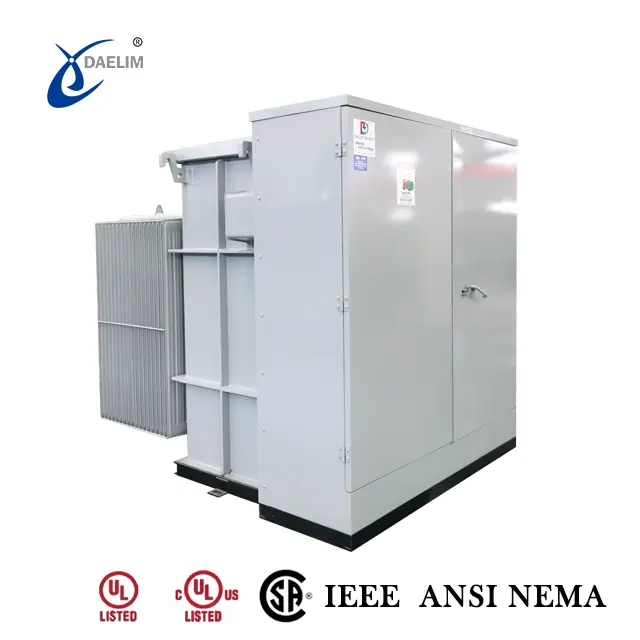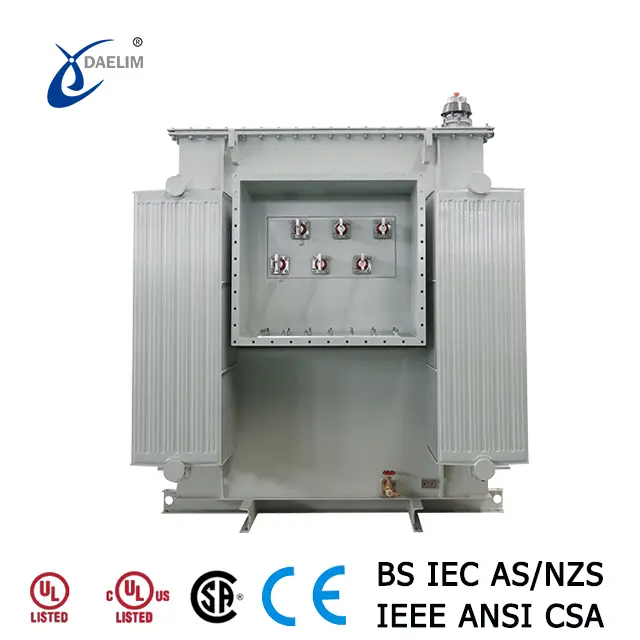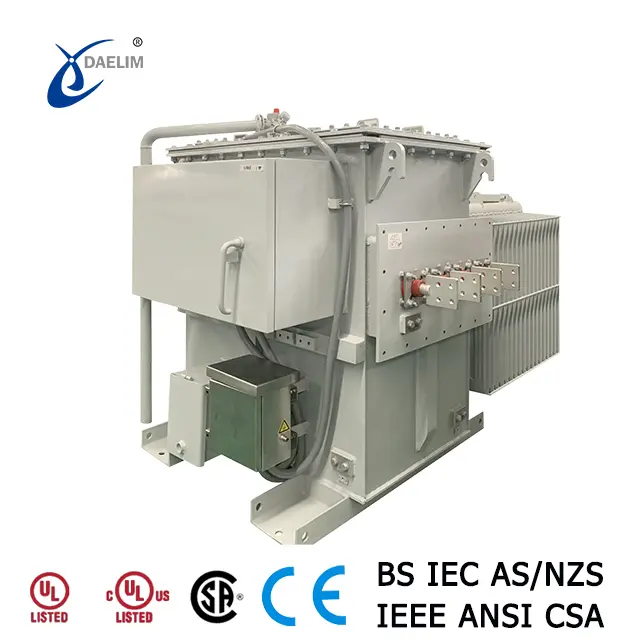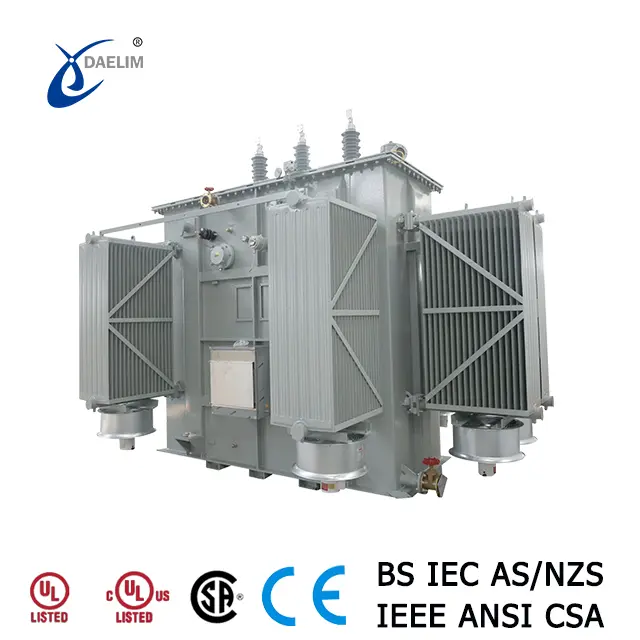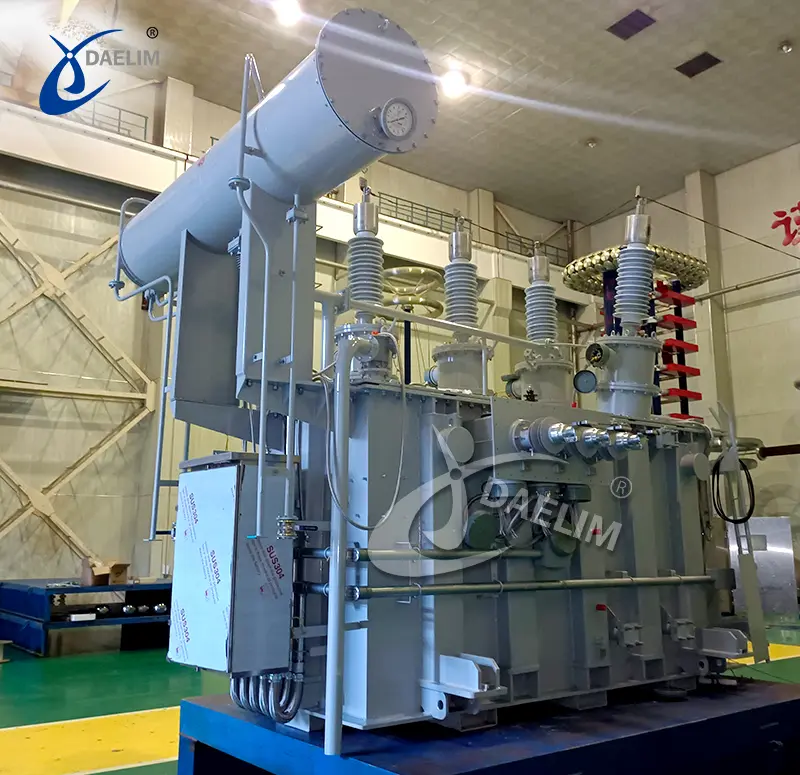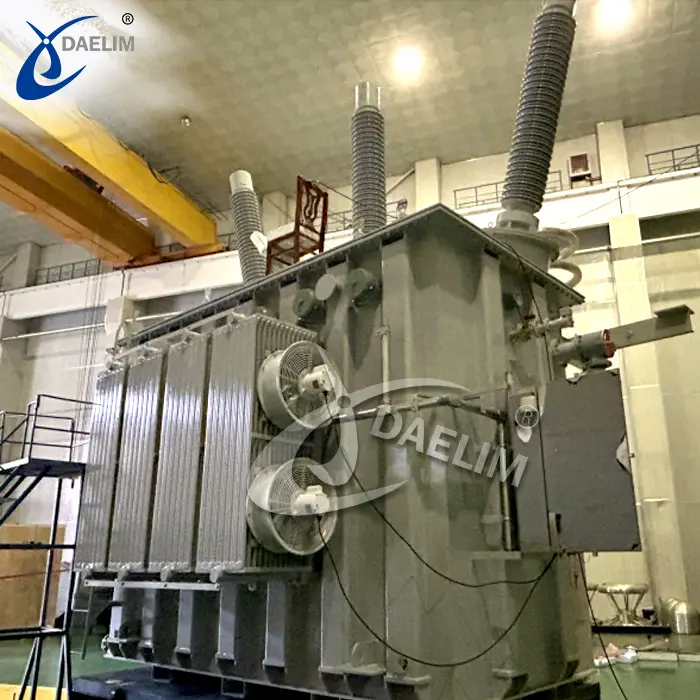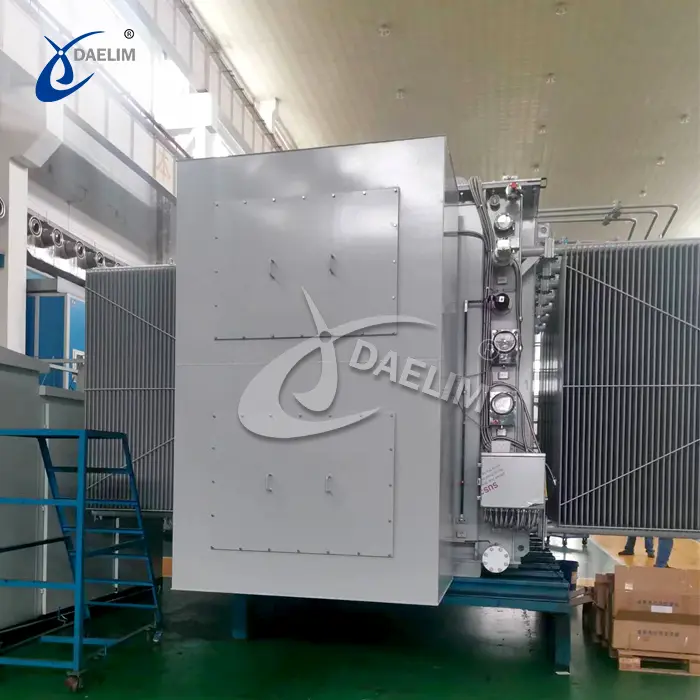Relationship Between Dissolved Gas in Oil and Transformer Faults
As we all know, transformer oil is an excellent medium that primarily serves the purposes of electrical insulation and cooling in transformers. When overheating and discharge faults occur inside the transformer, the oil and other insulating materials undergo chemical decomposition, producing specific hydrocarbon gases and H2, as well as carbon oxides.
The types, quantities, and production rates of these gases are often closely related to the fault temperature. Theoretical and practical evidence has shown that as the fault temperature increases, the hydrocarbon gases with the highest production rates are CH4, C2H6, C2H4, and C2H2. Most of these characteristic gases dissolve in the transformer oil, with a small amount rising to the surface and entering the gas relay.
Therefore, regularly measuring the composition and content of characteristic gases dissolved in transformer oil can help determine the degree of heating inside the transformer and identify the presence, nature, type, and severity of a fault by analyzing the temperature at the heating or discharge point. Here is an analysis and judgment guide for dissolved gases in transformer oil, explaining the relationship between characteristic gases, temperature, and fault categories:
General Overheating Fault of Transformer
-
Total hydrocarbons are high.
-
C2H2 is less than the attention value of 5 µL/L.
-
The fault is in the early stage, and the gas production rate is slow.
Severe Overheating Fault of Transformer
-
Total hydrocarbons are high.
-
C2H2 may be greater than 5 µL/L, but it has not yet become the main component of total hydrocarbons.
-
H2 content is high, and the gas production rate is fast.
Partial Discharge of Transformer
-
Total hydrocarbons are not high.
-
H2 content is greater than the attention value of 150 µL/L.
-
CH4 accounts for the main component of total hydrocarbons.
More Resouce
How to analysis of gases and check oil level in transformer ?
Related Products
Related Article
Comprehensive Analysis of Large Transformer Faults by Gas Chromatography
Gas chromatography analyzes dissolved gases in transformer oil to diagnose faults, ensuring safe operation. It detects early issues undetectable by standard tests, though it must be combined with electrical tests for comprehensive and accurate fault identification.
Requirements for Transformer Core Grounding Points
Transformer cores must have a single grounding point to prevent floating potentials, short-circuit currents, and overheating. Improper grounding can cause insulation damage, increased iron loss, gas generation, and power interruptions, compromising transformer and grid safety.
Manifestation Characteristics of Transformer Core Grounding Fault
Transformer core grounding faults cause overheating, gas production, and insulation damage. Symptoms include increased hydrocarbons in oil analysis, high grounding current, and visible core burns or discharge marks. Accurate diagnosis requires comprehensive testing, electrical measurements, and visual inspections.
Prevention and Treatment Measures for Transformer Core Grounding Faults
Prevent transformer core grounding faults by ensuring proper insulation, regular current measurements, and chromatographic analysis. Address faults with temporary measures, inspections, and targeted repairs. Emphasize design and manufacturing standards to prevent faults and ensure safe operation.
The Harm of Outlet Short-Circuit Faults to Power Transformers
Outlet short-circuit faults in power transformers cause winding deformation, insulation damage, and overheating, affecting dynamic and thermal stability. Analysis via oil chromatography and electrical testing guides timely repair planning.
Measures to Prevent Transformer Short-Circuit Accidents
Enhance transformer resilience against short circuits by optimizing design, strengthening insulation, improving maintenance, and upgrading protection systems to ensure reliable grid operation and minimize downtime.

